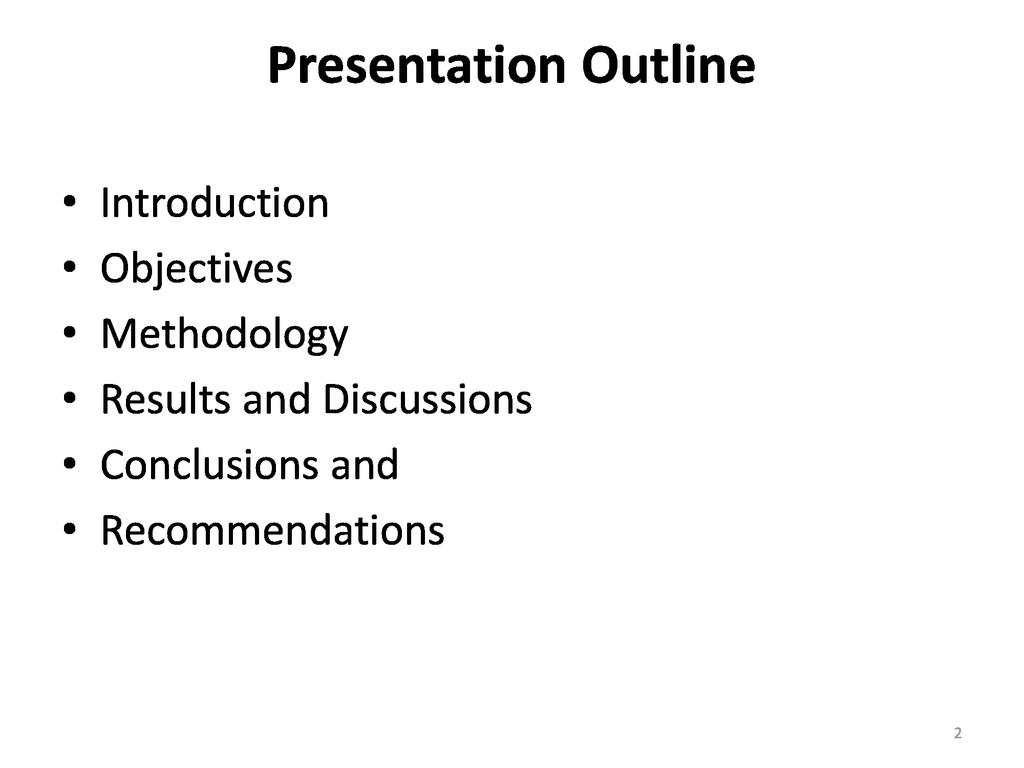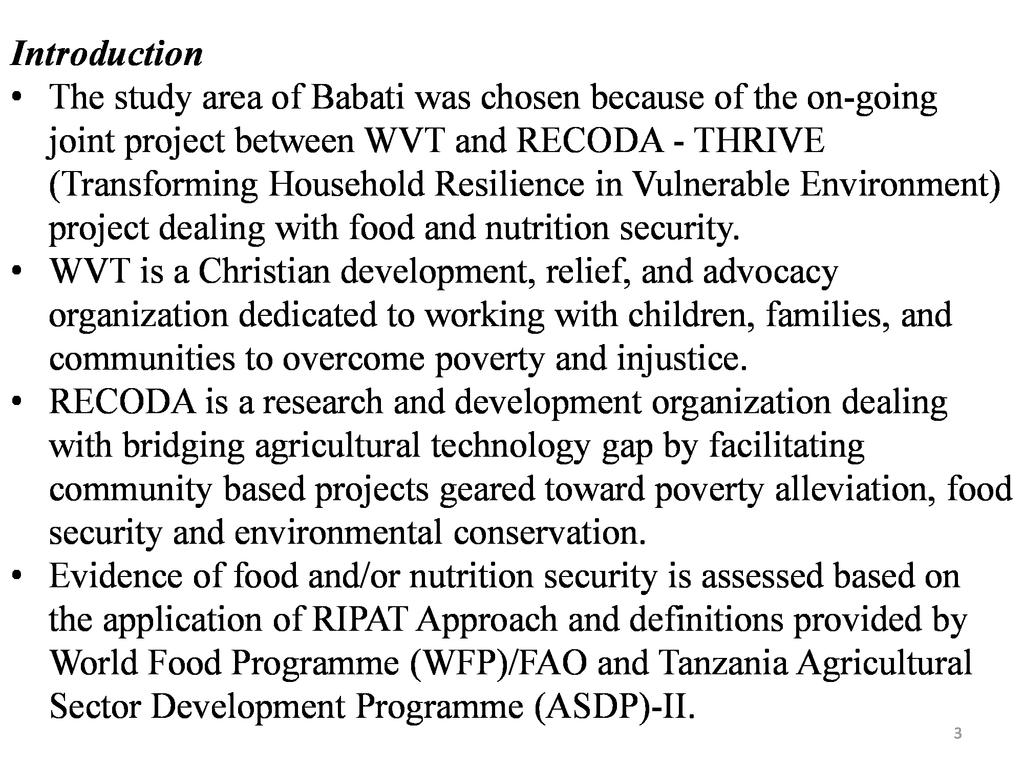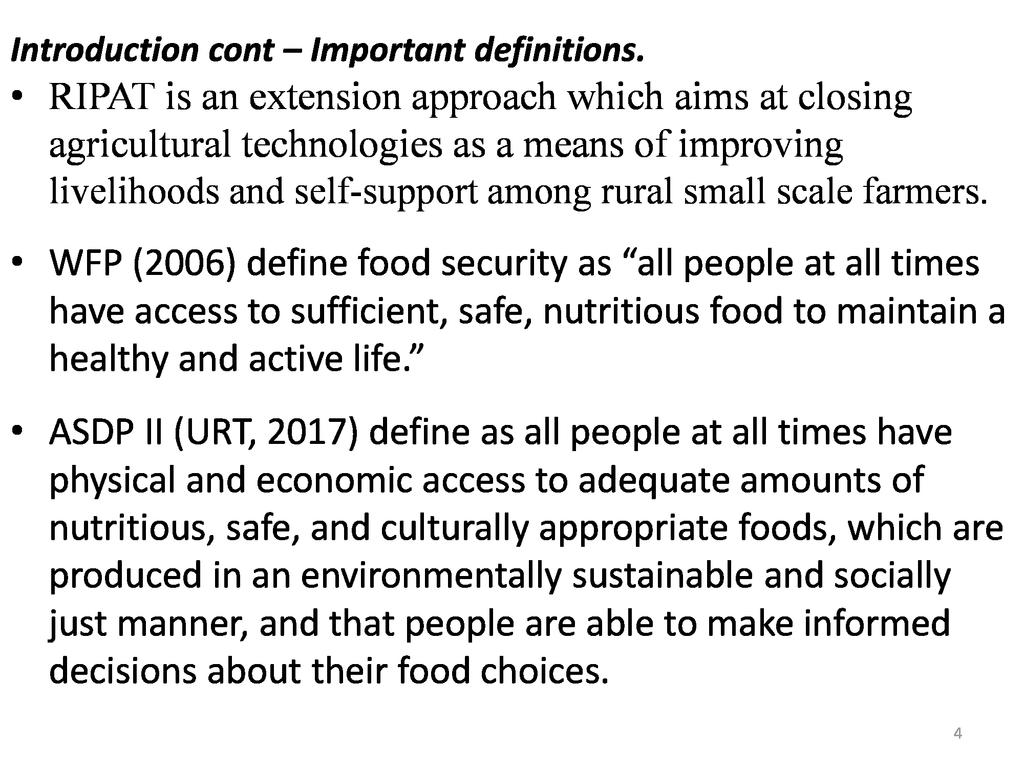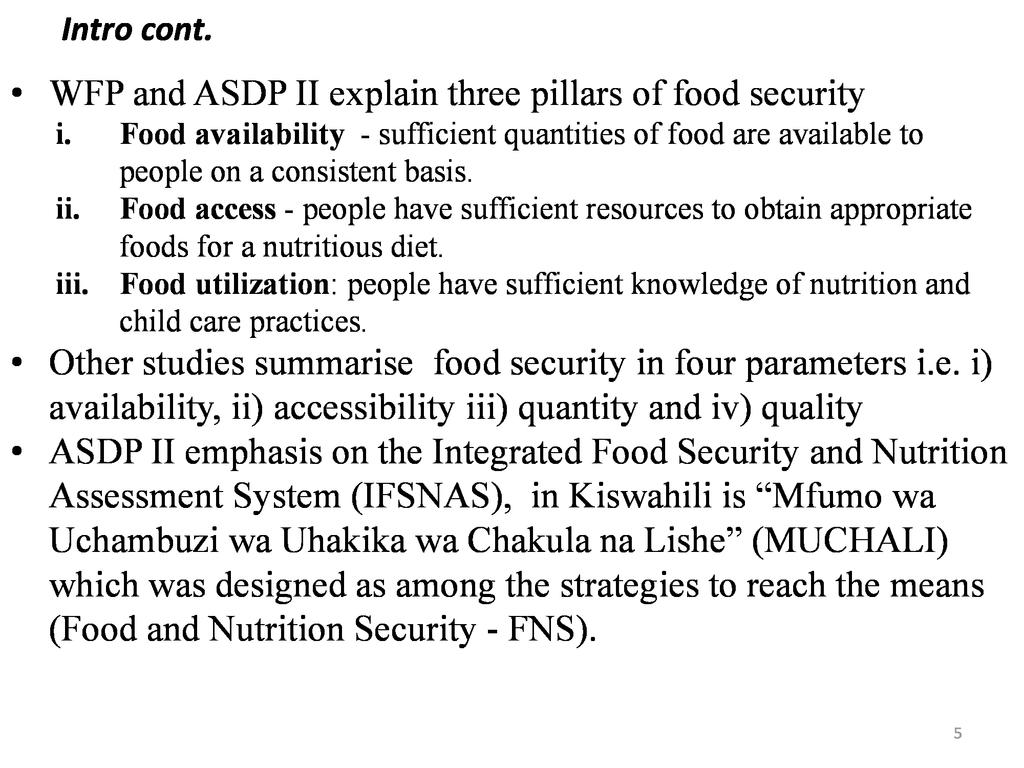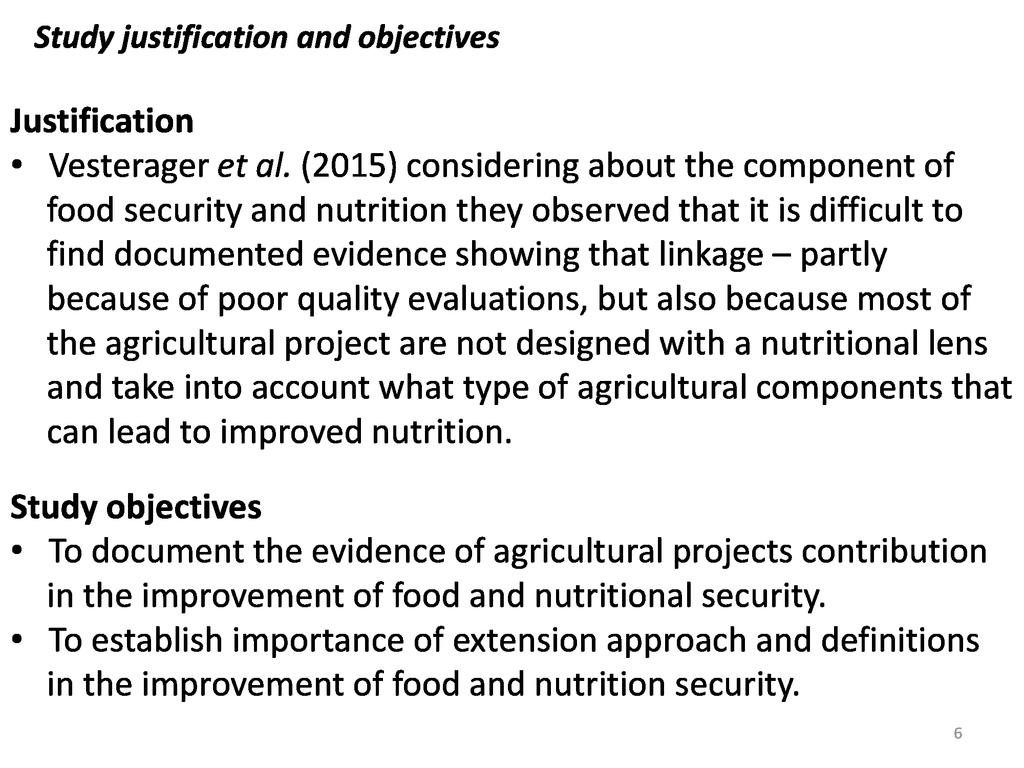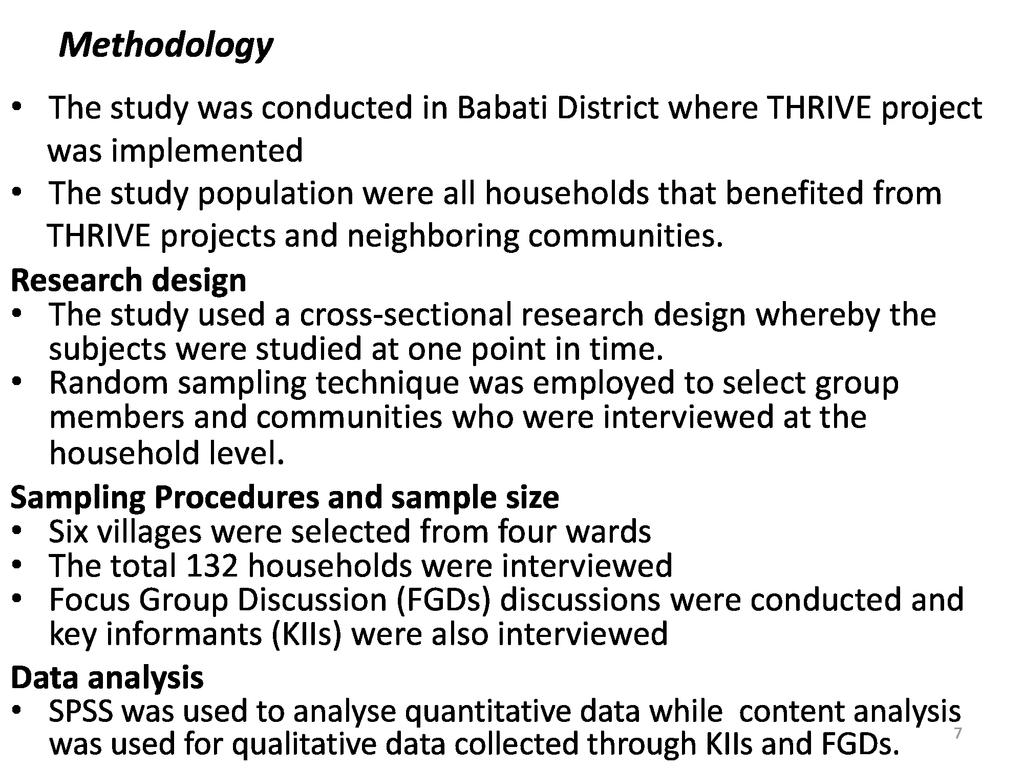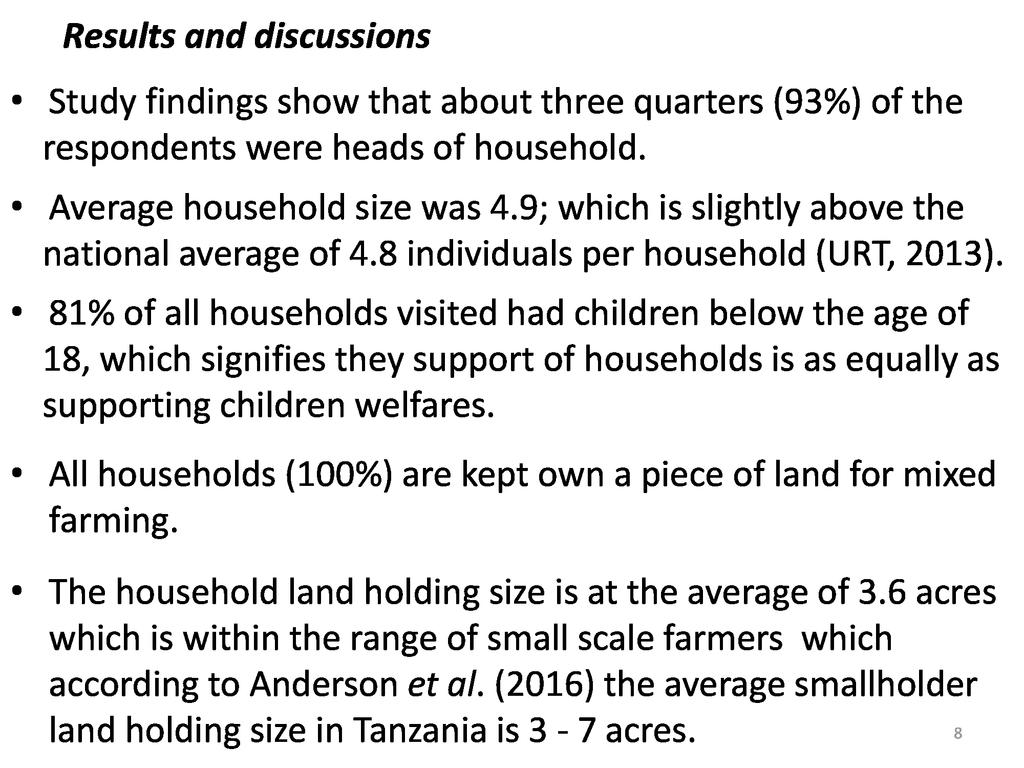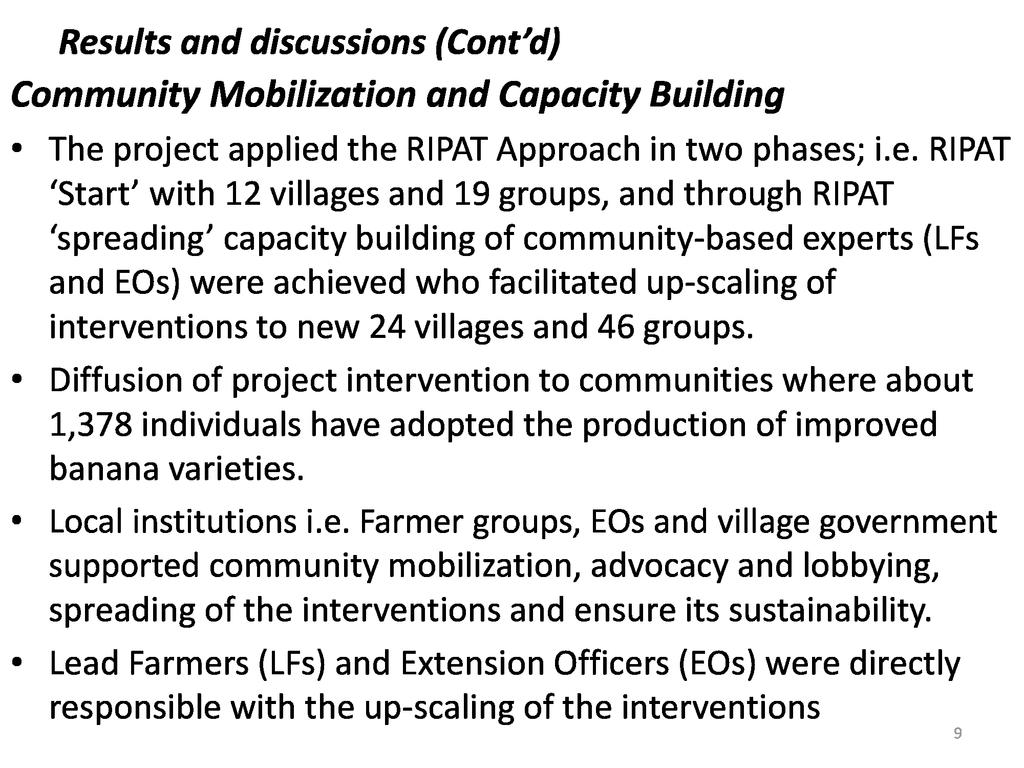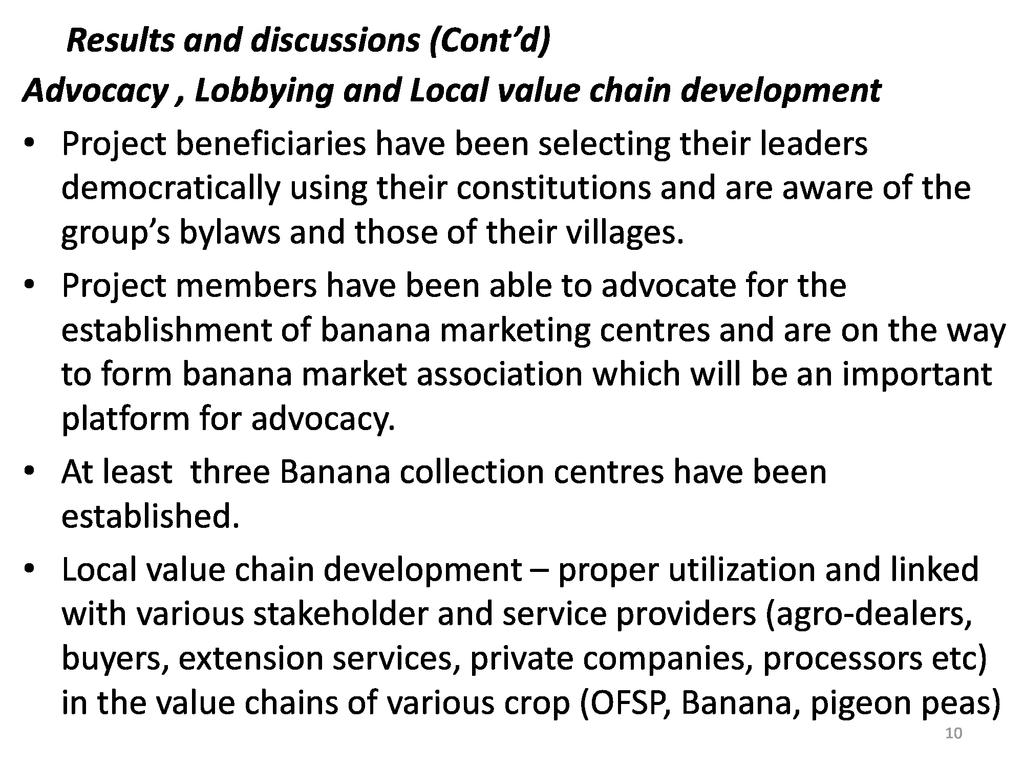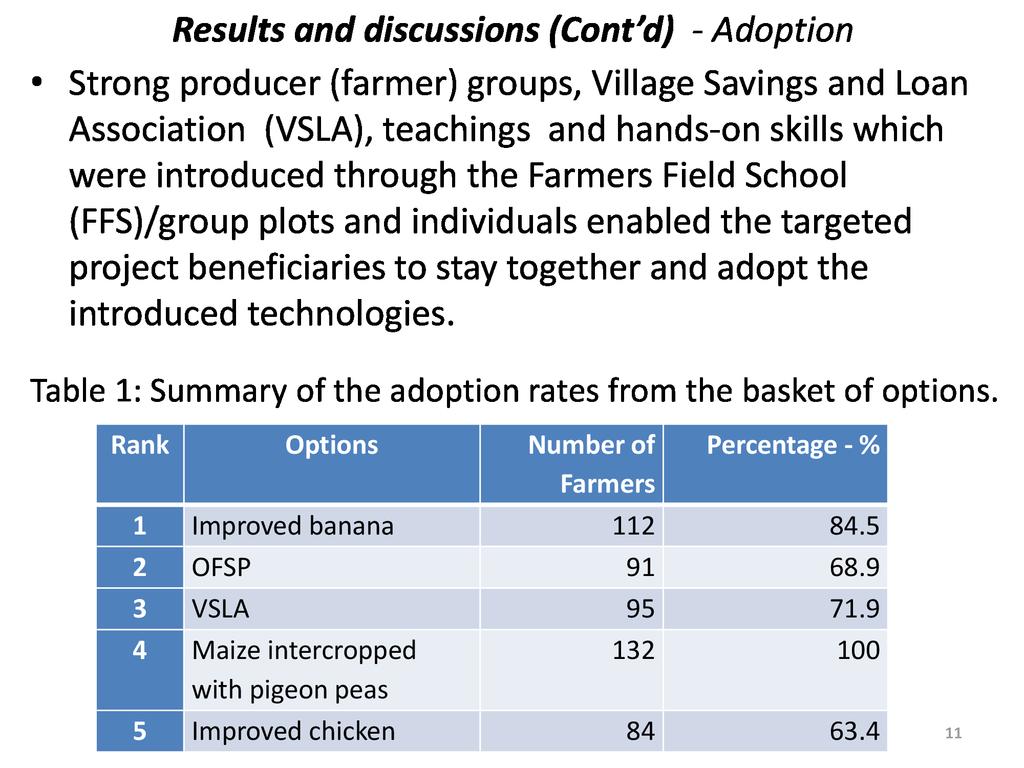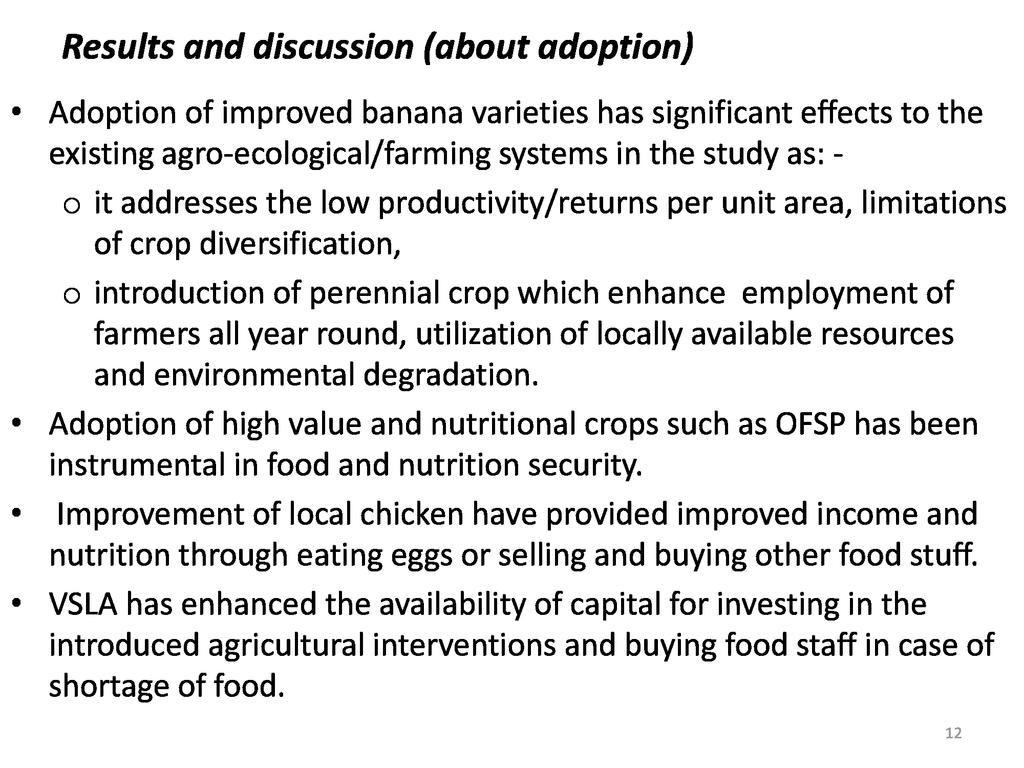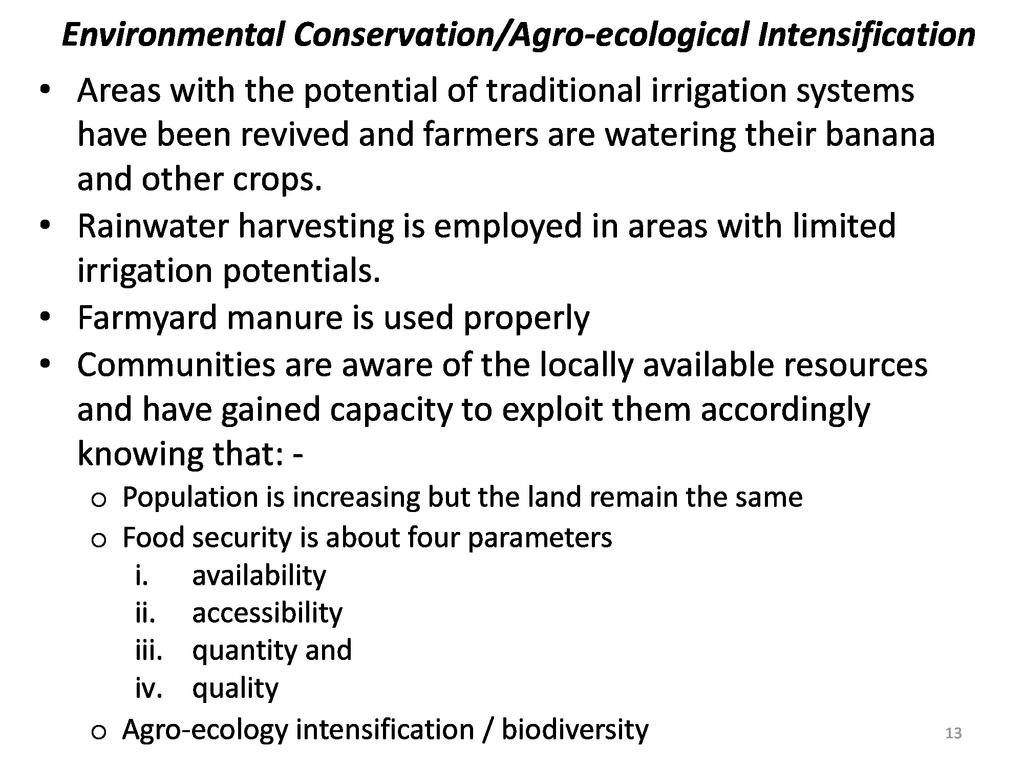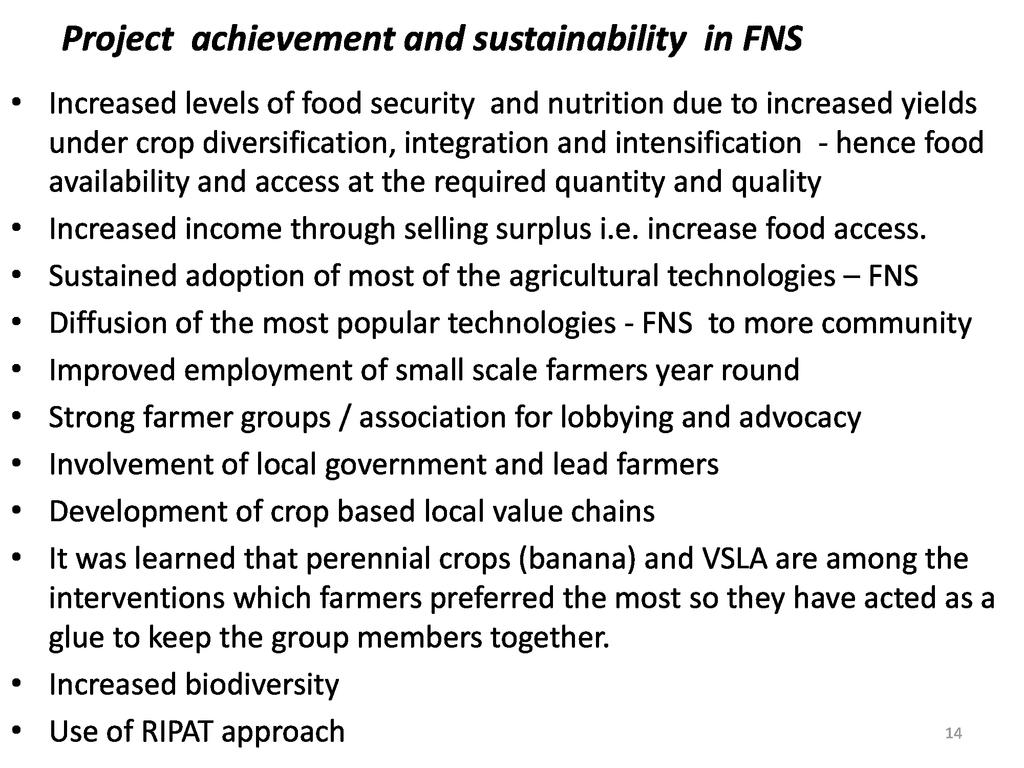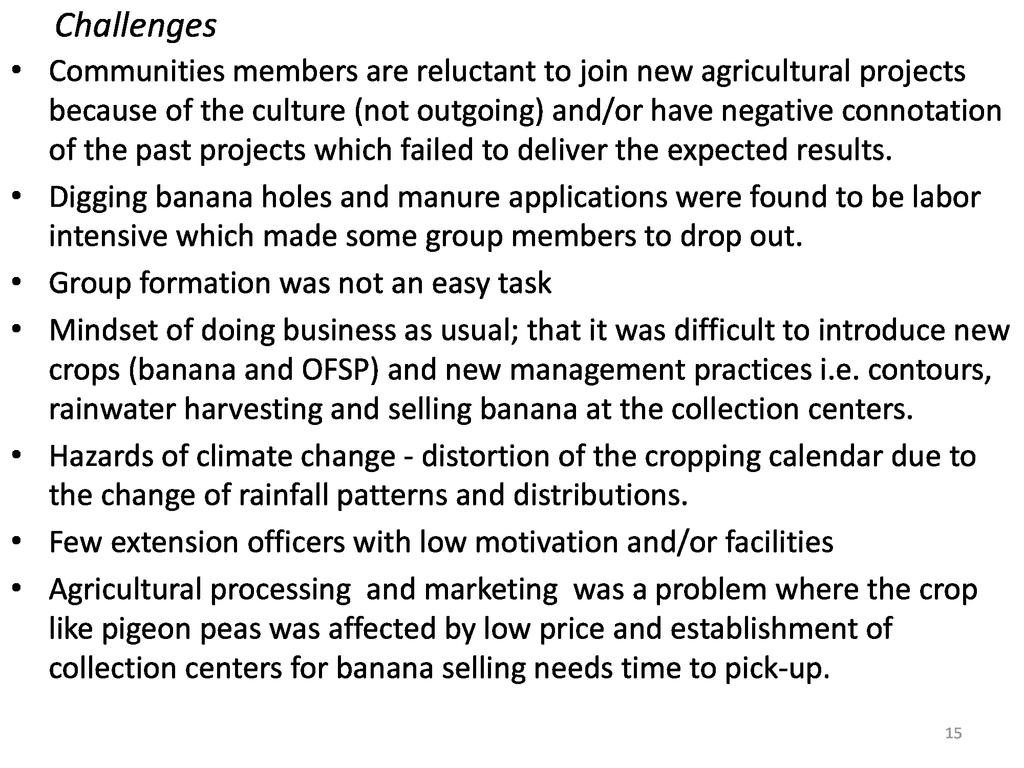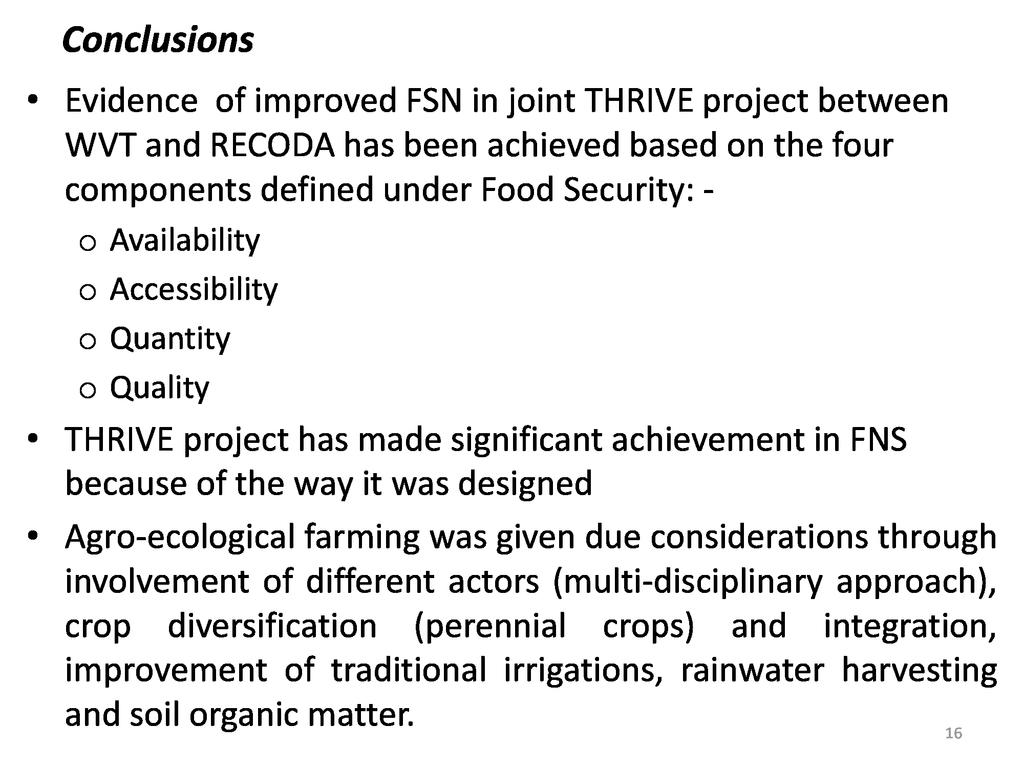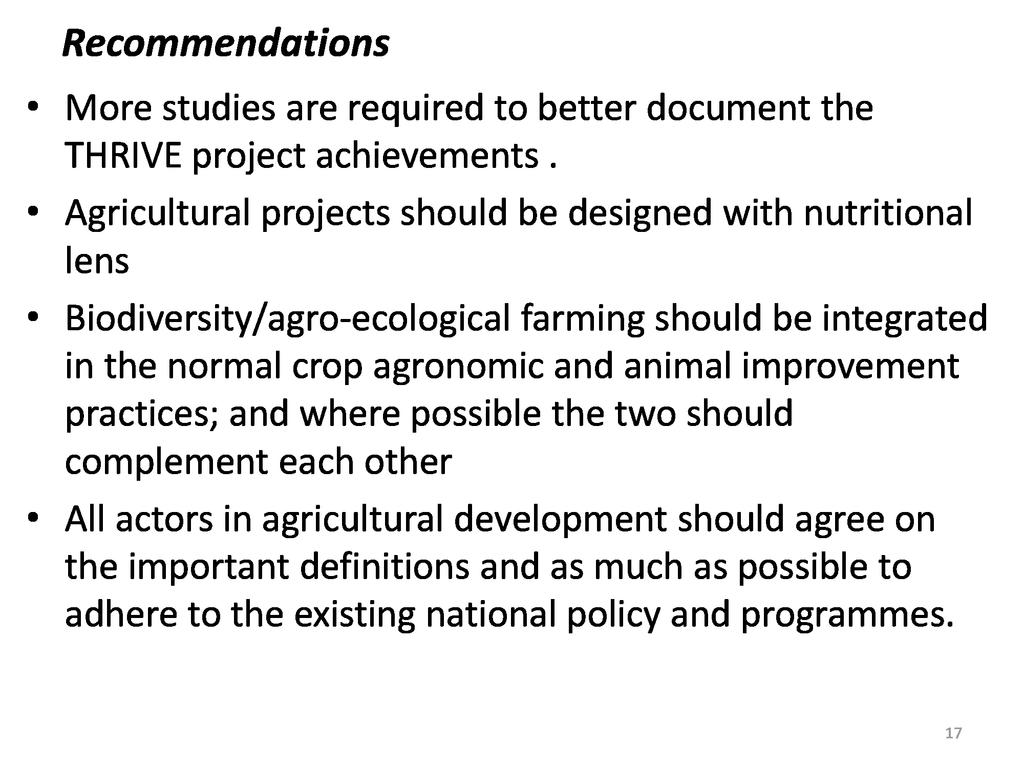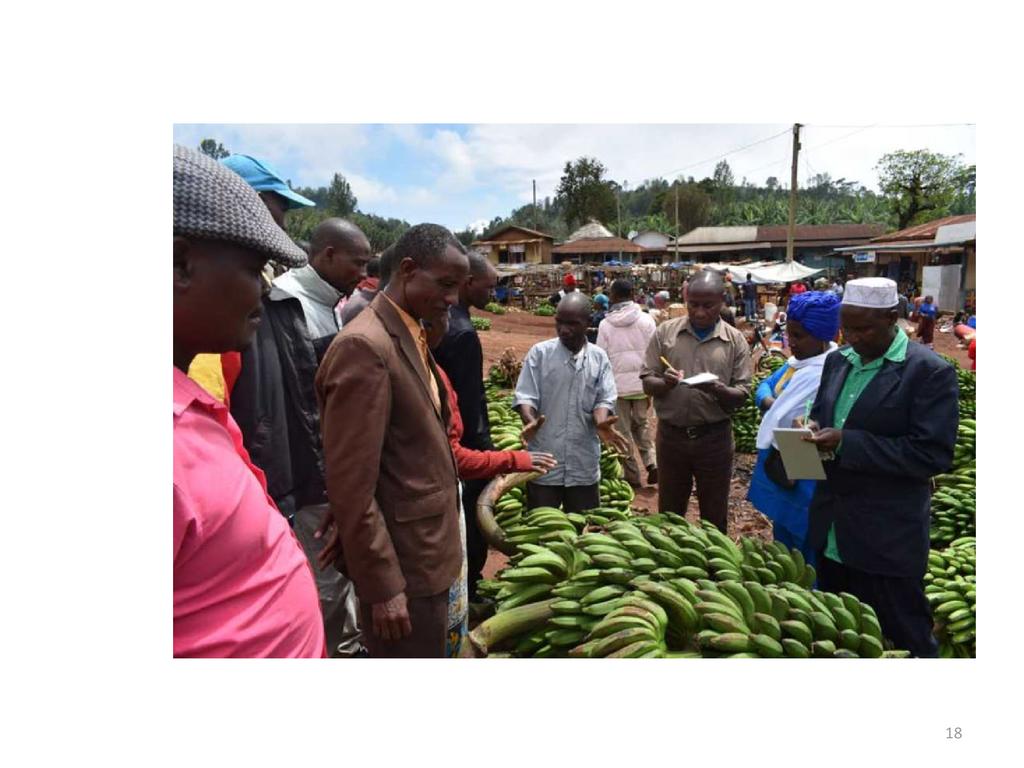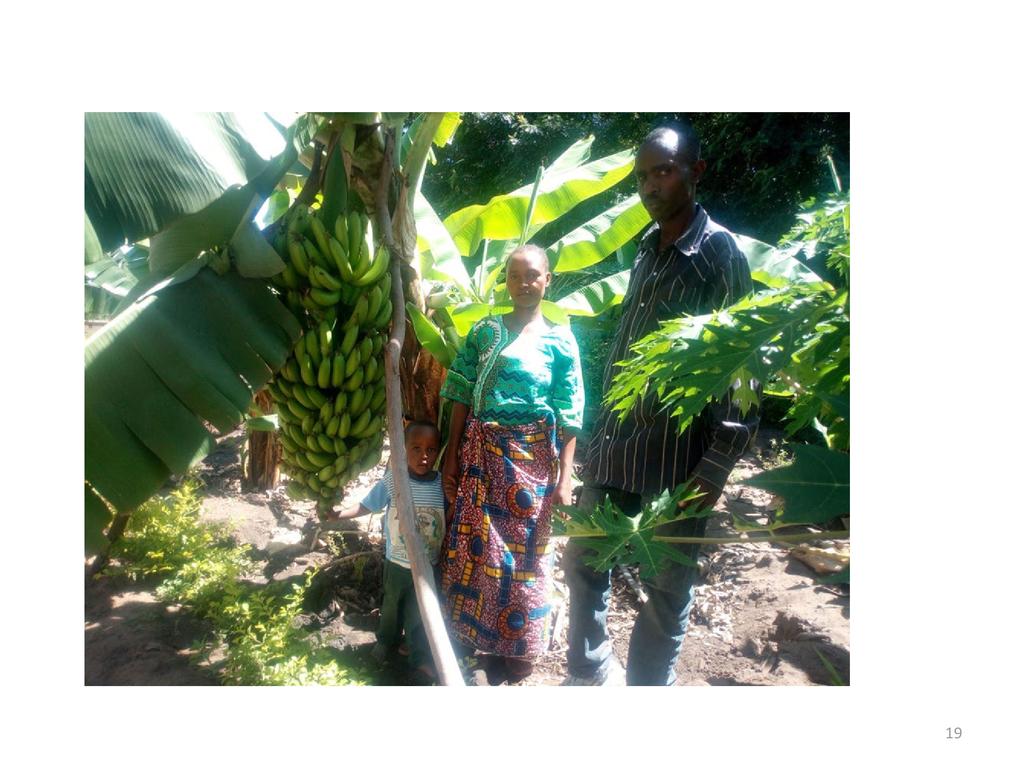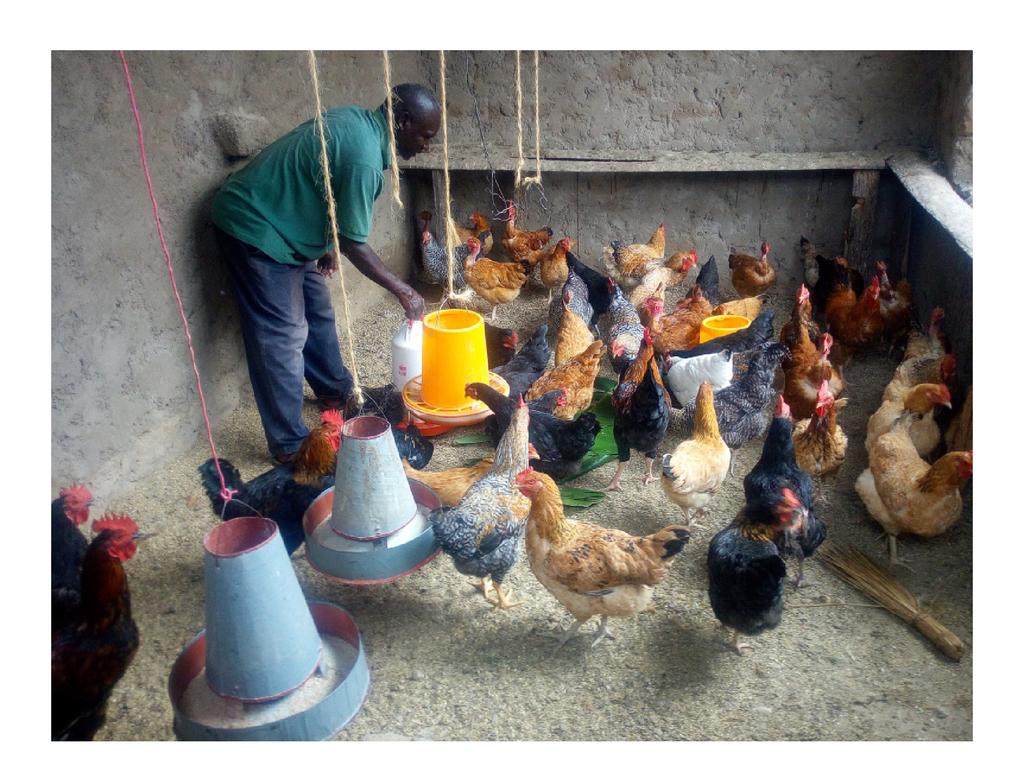Evidence-based best practices to impact food security – a collaboration of RECODA and World Vision
Presentado por: Dominic Ringo
Evento: Symposium on Best Practices in Sustainable Agriculture (12/2/2019)
Session: Evidenced-based practices are needed to build trust and to close the agricultural technology gap as a means of improving livelihoods and self-support among rural small-scale farmers. The approach is as well a documented step-by-step guide on how organizations working with small-scale farmers can transfer various technologies aiming at improving the food and nutrition security and income of poor small scale farmers in the Global South. Why do so many agricultural development projects generate so little impact among rural farmers? Why are so many improved agricultural technologies developed but not adopted by small scale farmers? The paper also shares about the work done in Singida with McKnight Foundation deals with Farmers Research and Networking which portrays a reality of scaling up of diverse interventions, in collaboration with Sokoine University Agriculture (SUA).
Biographical information: Dominic Ringo is the Executive Director of RECODA, where he has worked for 15 years. Formerly, he worked under the Ministry of Agriculture in Tanzania as a research officer in the Soil Science Department at Uyole (Southern Highland zone) and then Selian (Northern zone) Agricultural Research Institutes. At RECODA, he has worked as a consultant in agricultural project design, implementation, and evaluation; in organizational capacity building; in policy analysis; and in advocacy. He has contributed to design a RIPAT approach and supervises its implementation and is a co- author of RIPAT manual. He authored a case study publication entitled Conservation agriculture as practiced in Tanzania: Karatu district in 2007, and was a contributor to the book Conservation agriculture: A manual for farmers and extension workers in Africa.

